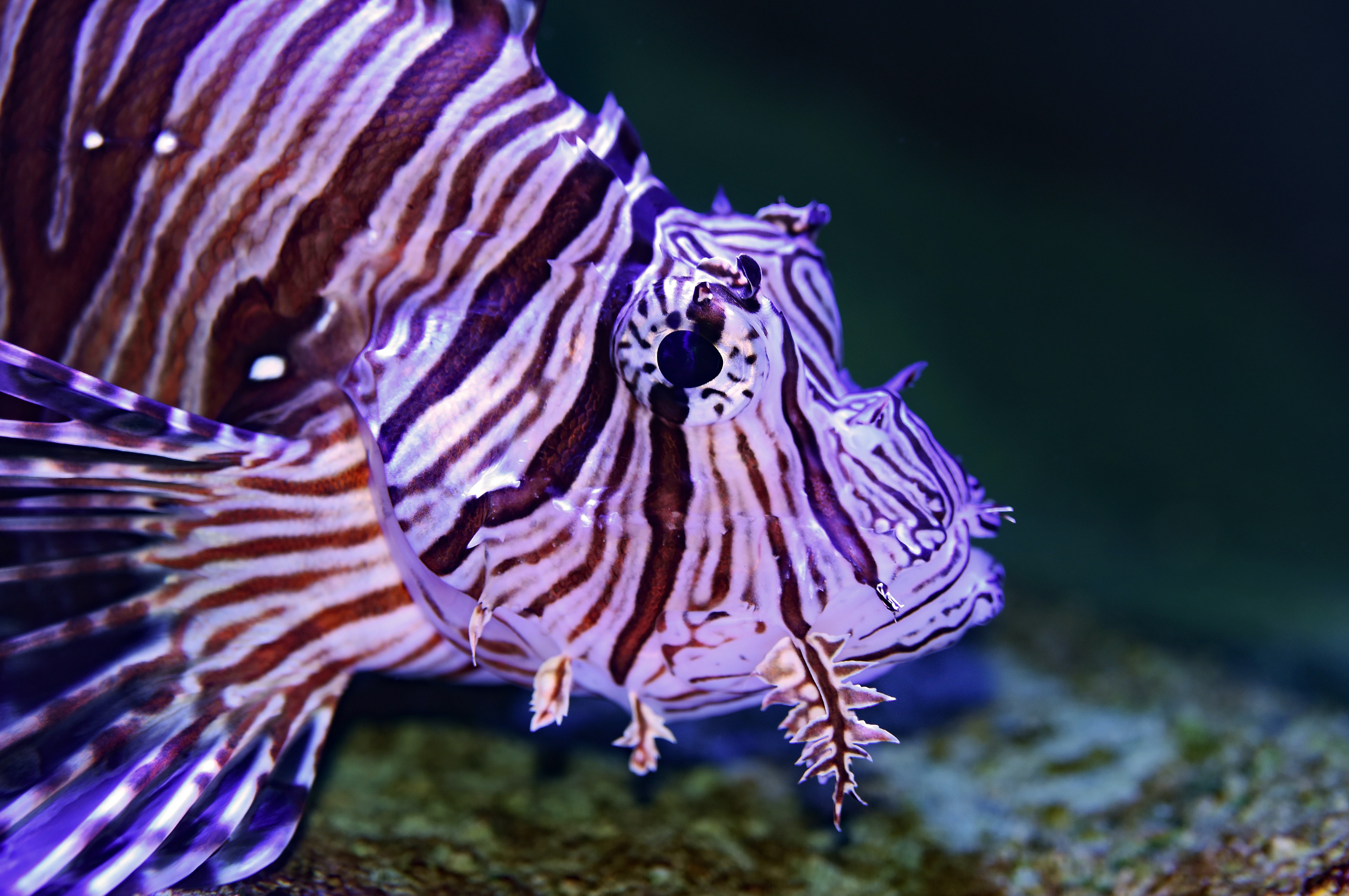News release
From:
Attachments
Note: Not all attachments are visible to the general public. Research URLs will go live after the embargo ends.

Journal/
conference: Proceedings of the Royal Society B: Biological Sciences
conference: Proceedings of the Royal Society B: Biological Sciences
Research:Paper
Organisation/s:
The University of Sydney
Funder:
This research was funded by Australian Research Council
Discovery Grant no. DP190101168 to F.S.



 Australia; NSW
Australia; NSW


